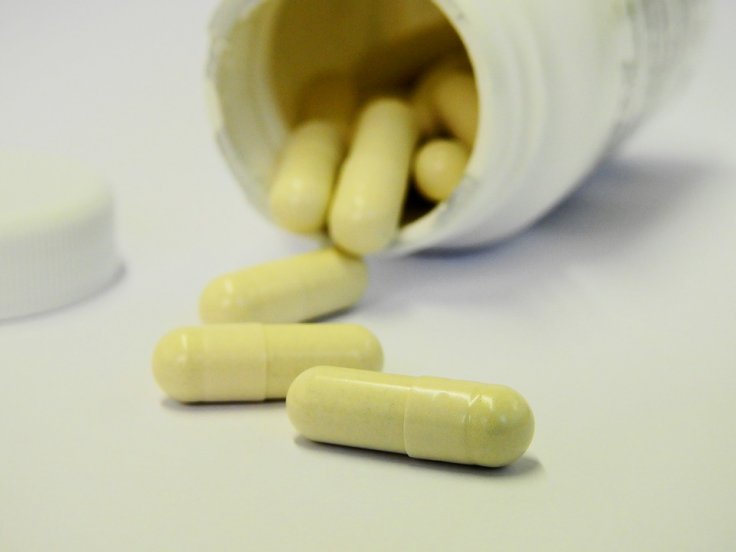
Type 1 diabetes patients may soon not have to take insulin injections as a new pill developed by scientists from the US that delivers dissolvable "microneedles" to the gut to administer drugs has passed human trials.
Several drugs, including insulin, which could not be taken orally because they would be broken down by stomach acids or enzymes before they took effect could now be administered through capsules, researchers at Massachusetts Institute of Technology (MIT) said.
The newly developed 3cm long and 0.9 cm in diameter capsule can survive the journey through the stomach, before breaking down to release microneedles that attach to the intestinal wall, release the drug into the bloodstream and then dissolve.
The polymer-coated pill in testing effectively delivered insulin with an immediate blood-glucose-lowering response, said the findings published in journal Nature Medicine.
Type 1 diabetes sufferers cannot produce enough insulin, which controls blood glucose, and need insulin injections to keep blood sugar levels under control.
The scientists, who developed the capsule in partnership with pharmaceutical company Novo Nordisk, however, hope the same method could be used to deliver other protein drugs, including antibodies, enzymes, and hormones.
Delivering proteins is the holy grail of drug deliver and people have been trying to do it for decades, said David Putnam, a professor of biomedical engineering and chemical and biomolecular engineering at Cornell University.
Lead author Professor Ester Caffarel-Salvador said the protective layer designed to dissolve at a pH greater than 5.5 would break away, leading to the capsule unfold into a triangle shape with three arms able to maintain sufficient strength to deliver the insulin microneedles to the small intestine wall, dissolving within several hours to prevent obstruction of the gastrointestinal tract.
Senior co-author Professor Robert Langer said his team looked forward to seeing the finding "help people with diabetes and other [diseases] in the future".








